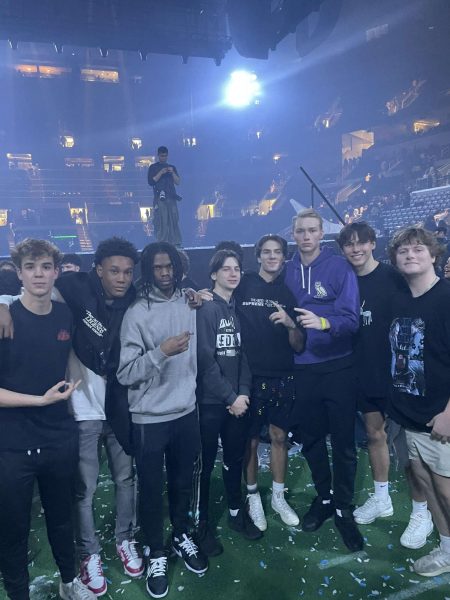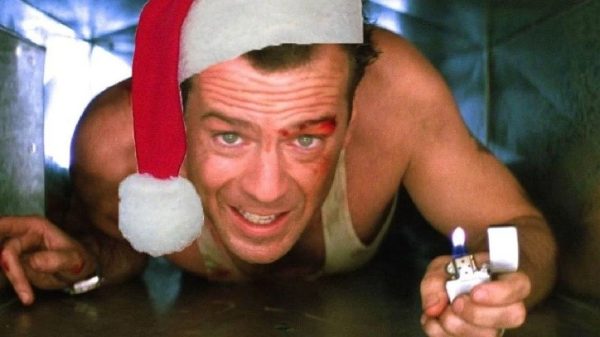Is Vaping Really an Epidemic?

January 16, 2020
Companies that manufacture, produce and sell e-cigarettes and vapes have been under intense heat over the last couple of years from the media and government. This has mainly been the result of an increase vaping-related death and illnesses among teens. According to a study from the Centers for Disease Control and Prevention, vaping has been linked to many cases of a mysterious lung disease in the last six months. Of these 2170 cases, at least 42 people have died and 80% of all cases are involve people younger than 35.
The rising number of cases has triggered quite a response from both the mainstream media and lawmakers of both parties. Companies like Juul have been further regulated due to allegedly marketing their products towards teens with an easy to use device and a large selection of flavors. President Trump said in September he plans to ban flavored e-cigarette that appear to be designed to appeal to younger people in order to get them hooked. Many states like Massachusetts, California, New York, and more have even gone with banning flavored vapes or trying to ban vapes all together.
It appears that the majority of the public and media think that these actions by vaping companies are the root cause of the rise in vaping related deaths in teens. However, many researchers believe that lawmakers and the media have been too quick to judge vaping and the effects that it has on people. According to the same study done by the CDC, only a very tiny portion of all people who vape have been affected by this mysterious sickness. There are 17.3 million “vapers” in the United States and only 2179 have been sickened and 42 killed.
In order to better understand what separates these tragic cases from the vast majority of all people who vape, researchers looked for similarities in these cases. In virtually all cases of people being sickened or killed, they were all linked to vaping cartridges with THC, the main chemical within marijuana. Regular nicotine vapes like Juul don’t include THC making them much safer for the public. Also, many THC cartridges bought by younger people are on the street and from people they do not know very well. As a result, many of these cases included vaping cartridges that contained not only THC, but other chemical additives.
Recently, the Food and Drug Administration and CDC have identified vitamin E acetate, a cutting agent used in illicit THC vaping cartridges, as a “culprit of concern” in the vaping illnesses and deaths. A recent article by CNBC revealed that 86% of those sickened by vaping reported using both THC and nicotine vaping devices. However, 11% insisted that they only used nicotine. Some doctors believe that it is possible all of 11% are lying. Since marijuana use is still a crime in some states, patients don’t want to admit using it. Since the damage that can be done to young Americans by vaping simply nicotine is limited, the focus should be on THC tainted cartridges and not name brand vape companies and retailers.
Over the last decade, thousands and thousands of vape shops opened up for business to take advantage of the high demand for vapes in the United States. A once new industry designed for helping previous cigarette smokers break their addiction is now being crushed due to government bans and regulations. While companies like Juul are able to stay in business by simply making their flavors less available, small stores are not able to keep up. According to the Star Tribune, over 200 stores have closed just this year while many owners report their revenue has gone down by three quarters. This has led to many people losing their jobs and stores unable to pay their lease.
As part of my reporting, I stopped by a local vaper store, Tribble Vapors, in south County. Manager Mort Rossmann said their business dropped by 50% when the vape scare began in the early fall. However, business has bounced back and sales were only down 10% in November from the sales they were doing in the summer. The company has 4 stores in Illinois. He is very worried about those stores, because there is a flavored vape ban bill working its way thought the legislature in Illinois. Dick Durbin is a big supporter of the bill.
Nationally, however, there is hope for the industry. In November, President Trump reversed course and decided not to ban flavored e-cigarettes. He was reportedly concerned about all the people that would lose their jobs in the industry. He also may have been swayed by the recent evidence pointing almost solely to THC vaping for the illnesses. Some states have also backed off of their proposed bans.
While teenage vaping is severe problem in the US, the wholesale banning of e-cigarettes without scientific evidence of the health risks is premature. A sensible solution is to regulate the industry more closely with the national age limit for purchasing being raised to 21. Sales could also be limited to just vaping stores, instead of drug stores, and gas stations. The vape shop owners have vested interest in enforcing the age restriction, because if they don’t, they know they will be out of business. The vaping companies should also not be permitted to advertise, as some of their adds could cause teenagers to start vaping. The vaping industry serves a legitimate purpose as e-cigarettes have allowed thousands of people to quit smoking. Our leaders should favor regulation over the destruction of an entire industry.
















